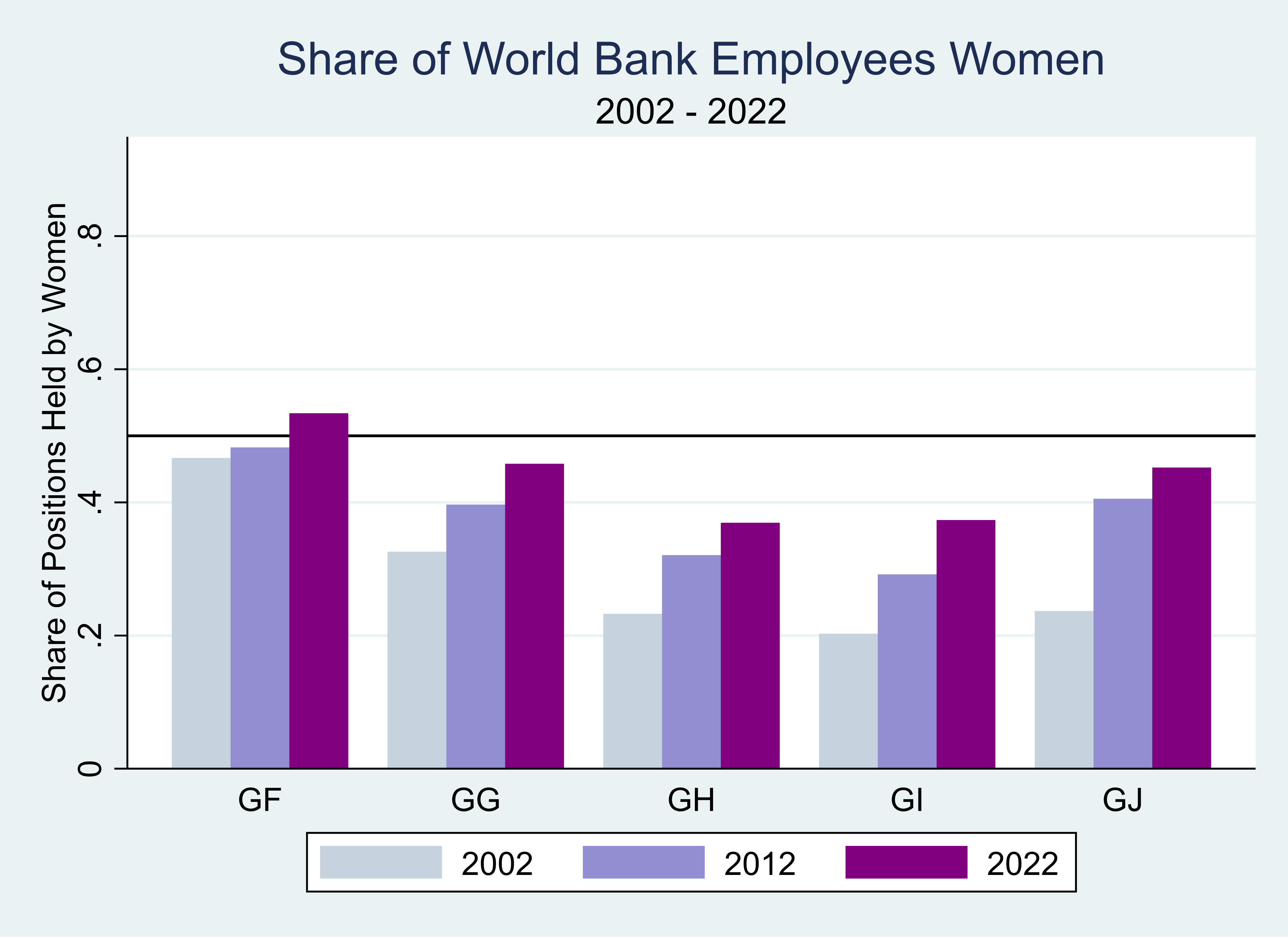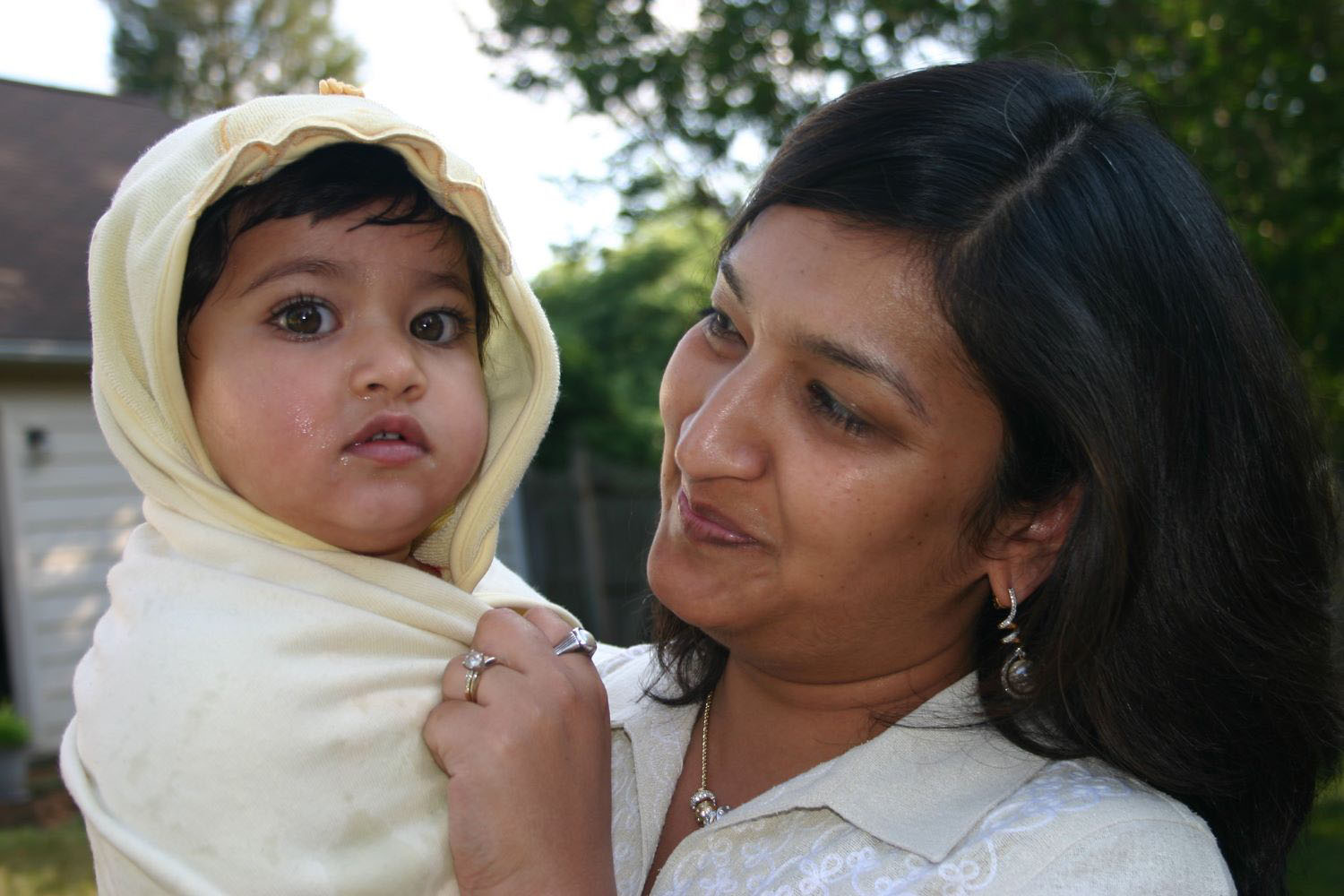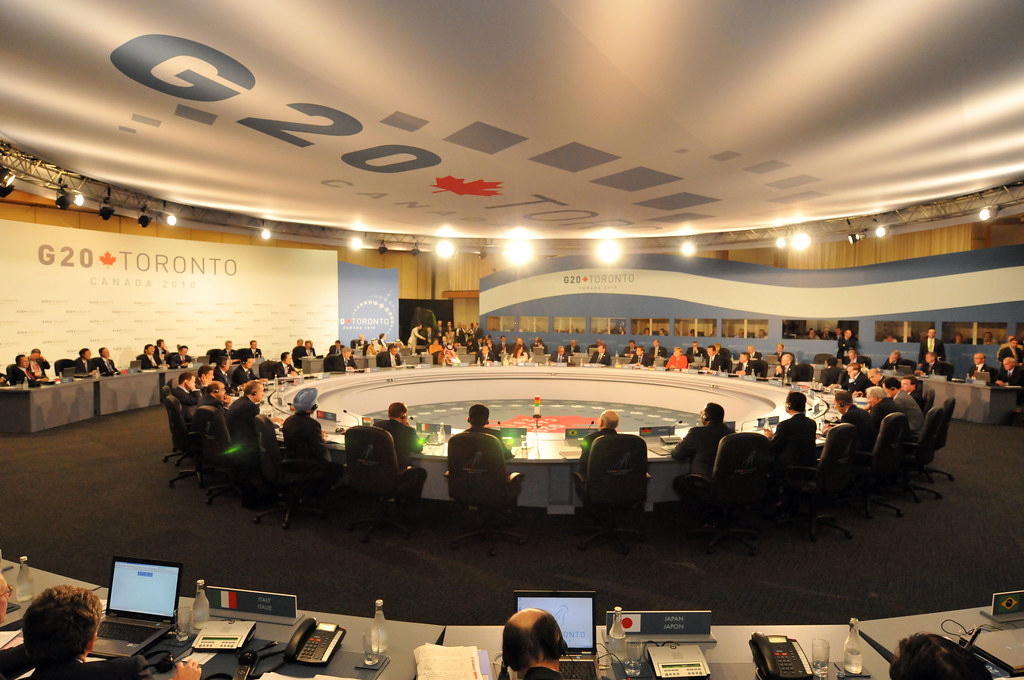February 6 is the International Day of Zero Tolerance for Female Genital Mutilation (FGM). Unfortunately, in many parts of the world, FGM is still actively encouraged. Girls, sometimes as young as newborns, are cut because of perceived cultural and religious requirements in order to prove their status within a community and as a way of ensuring financial stability (because girls who have been cut are seen as more eligible marriage partners). There are a lot of reasons why FGM is still tolerated, but thanks to the work of anti-FGM advocates, policymakers, the media, and girls themselves standing up to oppose the practice, those reasons are slowly being undermined. In fact, 2015 was a big year for those working to combat FGM. Nigeria and The Gambia outlawed the practice, and the Somalian government suggested that it will soon do the same.
But how do we know these legal changes in particular will have a real impact? There’s certainly a fair amount of skepticism about the law’s ability to change entrenched social norms, especially when it comes to gender inequality. Our ongoing research explores the links between legal reform and changes in FGM prevalence rates and associated attitudes.
We’ve been looking at Burkina Faso, a country that passed a national anti-FGM law in 1996, and comparing it to its neighbor Mali, which has yet to pass a national ban. In the 1960s, Burkina Faso and Mali had nearly identical rates of FGM (89 and 93 percent), but today the countries look radically different. While Mali still maintains a steady 93 percent prevalence rate and 82 percent percent of people still approve of FGM, Burkina Faso now has a rate of 76 percent (and more notably a 58 percent rate for those 15-19 years old), and just 10 percent openly approve of the practice.
What explains this change? One potential explanation lies in the robust anti-FGM advocacy that Burkina Faso has witnessed and the government’s support for this advocacy work. The local media began discussing the harmful effects of FGM as early as 1975. And in the 1980s, while women’s groups mobilized to advocate for an anti-FGM law, President Sankara also came out against the practice. During this period of civil-society and government action, Burkina Faso started to see a steady decline in FGM rates (shown in the graphic below, which shows FGM rates by year of birth — overall rates are higher, as cited above).
Mali has also seen its fair share of grassroots advocacy work. According to a report by 28 Too Many, anti-FGM advocates have been working in Mali since the 1960s. But the decline in FGM prevalence has not been nearly as dramatic. Perhaps that Burkina Faso has a national law banning FGM and Mali continues to lack one is a factor. When we look at the decline in FGM rates in Burkina Faso, the most rapid decline happens right as the national ban is passed; girls born in 1995 see prevalence rates of 39 percent, whereas for girls born in 1996, that drops to 29 percent.
There isn’t a lot of research suggesting that laws work to lower FGM rates, but one study by Bettina Shell Duncan and colleagues suggests that the combination of preexisting advocacy work, followed by a national ban, may be particularly effective. “Imposing legal regulations in communities where there is unanimous support for the practice of FGM/C will have little effect, [but] … where there are active debates and divergent opinions about the continuation of FGM/C, legislation can give added strength to those in favor of abandonment,” they assert.
From what we see so far, Burkina Faso may serve as a strong example of a country where legislation has provided added strength to anti-FGM efforts. Stay tuned as we continue to explore the impact of legal reform in these and other contexts — and work to determine what’s likely to help make zero tolerance of FGM a reality.
CGD blog posts reflect the views of the authors, drawing on prior research and experience in their areas of expertise.
CGD is a nonpartisan, independent organization and does not take institutional positions.





